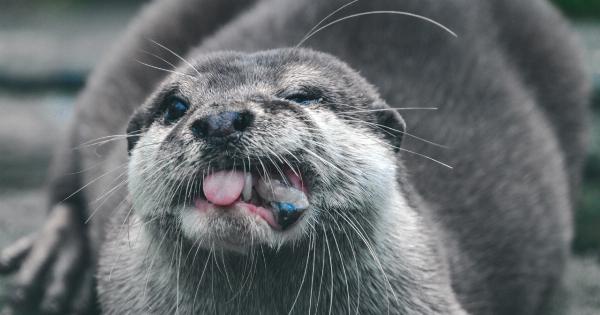When it comes to fitness goals, building a strong and well-defined chest is often a top priority for many individuals.
However, despite intense workouts and dedication, some individuals experience a frustration with their chest muscles failing to grow or even shrinking over time. While several factors can contribute to chest shrinkage, this article will focus on two common diet mistakes that can negatively impact chest muscle development and how to avoid them.
Mistake #1: Inadequate Protein Intake
Protein is a vital macronutrient for muscle growth and repair. Insufficient protein intake can impede the process of building and maintaining chest muscles, leading to their shrinkage.
In order to foster muscle growth, it is crucial to consume an adequate amount of protein on a daily basis.
To determine your protein requirements, consider your activity level and goals. Most fitness experts recommend consuming approximately 0.8 to 1 gram of protein per pound of body weight for optimal muscle growth.
Therefore, if you weigh 150 pounds, your daily protein intake should range between 120 to 150 grams.
Incorporate a variety of high-quality protein sources into your diet, such as lean meats, poultry, fish, dairy products, eggs, legumes, and plant-based protein sources like tofu and tempeh.
By ensuring your diet includes an adequate protein intake, you can provide the necessary building blocks for chest muscle growth and prevent shrinkage.
Mistake #2: Excessive Caloric Deficit
To lose body fat and reveal a well-defined chest, many individuals adopt a caloric deficit, which essentially means consuming fewer calories than the body requires for maintenance.
While a moderate caloric deficit is generally effective for fat loss, an excessive deficit can have negative consequences on muscle mass, including the muscles in your chest.
When the body is in a state of prolonged caloric deficit, it tries to conserve energy by breaking down muscle tissue for fuel. This can lead to muscle atrophy, causing your chest muscles to shrink over time.
To prevent this, it is crucial to maintain a moderate caloric deficit that allows for fat loss while preserving muscle mass.
To determine your caloric deficit, calculate your Basal Metabolic Rate (BMR), which represents the number of calories your body needs for basic functions, and then create a reasonable deficit based on your weight loss goals.
Aim for a deficit of approximately 500 to 750 calories per day, which should lead to a gradual and sustainable weight loss of around 1 to 1.5 pounds per week.
Remember, it’s important to strike a balance between obtaining a caloric deficit for fat loss and providing enough nutrients to support muscle growth and maintenance, including your chest muscles.
Additional Considerations
While adequate protein intake and maintaining a moderate caloric deficit are crucial, a few other factors can influence chest muscle growth. Consider the following aspects to ensure your nutritional choices are supporting your chest muscle development:.
1. Micronutrient Intake
Ensure you’re getting an adequate intake of vitamins and minerals through a well-balanced diet or supplementation.
These nutrients play a role in muscle contraction, cellular health, and the repair process, all of which contribute to muscle growth.
2. Meal Timing and Frequency
Spacing your protein-rich meals evenly throughout the day can optimize muscle protein synthesis and provide a steady stream of amino acids for muscle growth. Aim for approximately 20-30 grams of protein per meal.
3. Hydration
Staying adequately hydrated is essential for optimal muscle function. Dehydration can negatively impact muscle strength, endurance, and recovery. Aim to drink at least eight glasses of water per day.
4. Training Intensity and Variety
Ensure that your workout routine includes a variety of chest exercises targeting different angles and movement patterns. Additionally, progressively increase the intensity of your workouts to stimulate muscle growth.
Conclusion
Building a strong and well-defined chest requires a combination of proper nutrition, a well-designed training program, and consistency.
Avoiding common diet mistakes—such as inadequate protein intake and excessive caloric deficit—can prevent chest shrinkage and promote muscle growth. Remember to prioritize your protein intake, maintain a moderate caloric deficit, and consider other factors like micronutrients, meal timing, hydration, and training intensity.
By addressing these crucial aspects, you can optimize the growth and development of your chest muscles and achieve your fitness goals.



























